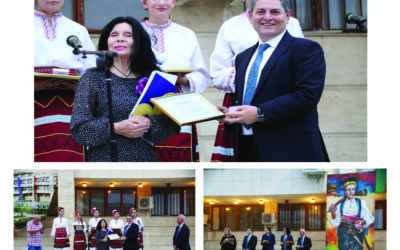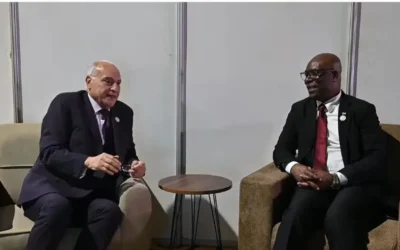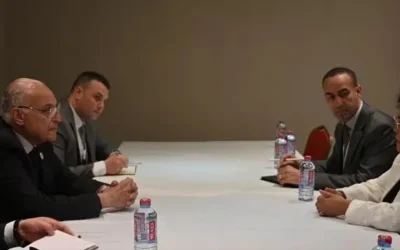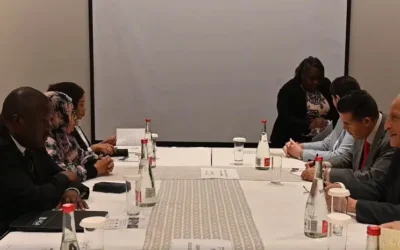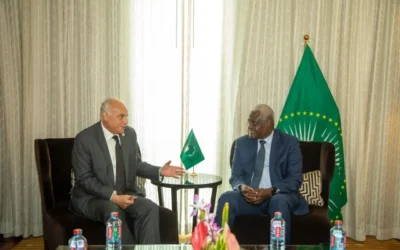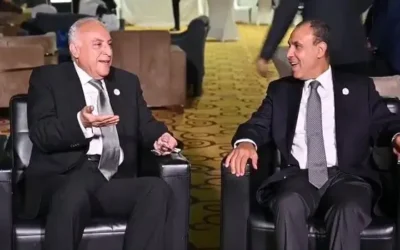Algeria's contribution to decolonization in Africa, main theme of international symposium in Algiers

APS : Monday, 28 November 2016
ALGIERS- Algeria will host an international symposium on “Algeria’s contribution to the decolonization in Africa” on Tuesday and Wednesday, with the participation of distinguished national and African personalities as well as renowned academics.
The symposium, organized by the Ministry of Foreign Affairs in coordination with the Ministry of Mujahideen (Liberation War veterans) under the patronage of President of the Republic Abdelaziz Bouteflika, will be an opportunity to underline the special relations linking Algeria with Africa and which draw their substance from the common struggle against the colonial yoke and the Apartheid regime,” said the Foreign Ministry’s statement.
In past as in present, Algeria has spared no effort to contribute to the resolution of crises and disputes in Africa and to support issues related to decolonization or the rights of peoples to self-determination.
“Algeria has always been in the vanguard of the struggle for decolonization and the integration of the African continent, so that it keeps pace with the global economic development,” said in a recent statement to the press Minister of State, Minister of Foreign Affairs and International Cooperation Ramtane Lamamra.
The Algerian diplomacy is based on three inalienable principles: the right of peoples to self-determination, the non-interference in the internal affairs of States and the promotion of inclusive dialogue in international conflicts whatever their nature.
Algeria, since its independence in 1962, has remained committed to those three principles.
–Half a century of diplomacy for peace–
More recently, Algeria, which was the leading mediator in the conflict in Mali, has successfully carried out its mission of dialogue facilitator, a substantial diplomatic work that culminated in the signing of a peace and reconciliation agreement in Mali in June 2015, called “Algiers Agreement.”
Thanks to Algeria’s mediation, the border dispute between Eritrea and Ethiopia in 1998 also had a happy outcome.
At the Summit of the Organization of African Unity, held in Algiers in July 1999, the parties to the conflict accepted the provisions of the OAU framework agreement for the peaceful resolution of the dispute.
The Algerian diplomacy was also active during the colonial period. In this regard, we recall the meeting between the late South African historic leader Nelson Mandela and Chawki Mustapha (member of the Provisional Government of Algerian Government, GPRA) to discuss the similarities between the two (Algerian and South African) revolutions.
Nelson Mandela said that the symmetry between the struggle of the Algerian people against the French colonization -source of inspiration for South Africa- and the struggle of South African people against the Apartheid, was “obvious.”
“Algeria has made me a man,” said Mandela when recalling his training by Algerian mujahideen (Liberation War veterans).
Algeria also contributed to the transition from the OAU to the African Union, as well as to the creation of the New Partnership for Africa’s Development (NEPAD) and to the debates on the reforms of the United Nations and the Arab League (Algiers Summit 2005).
Categories
Recent Posts
- Ambassador MEHILA Messaoud, presents Mrs. Lyubka ALEXANDROVA with a selection of photographs
- The Embassy of Algeria in Sofia awarded for its Cultural Activities
- Mr Attaf, Equatoguinean counterpart hold talks
- Mr Attaf holds talks with CEO of AUDA-NEPAD
- The Minister Attaf, President of PAP holds talks

